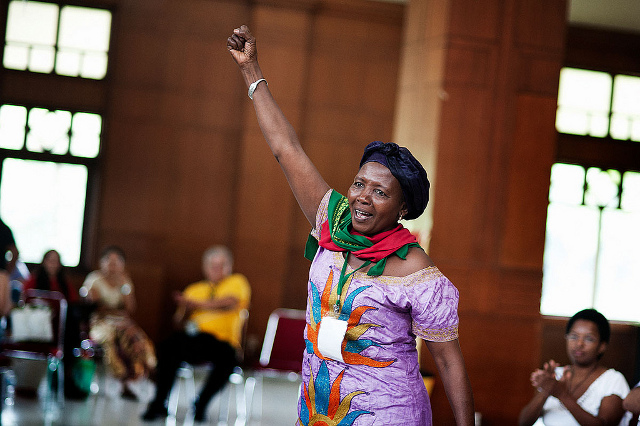I am a native Russian — I was born there, spent a lot of my childhood there, began my schooling there. I speak the language. I know the culture. And right now, I am at a loss, somewhere between disgusted, mortified, and devastated. I no longer have a sense of where the country is going, what sort of vision it has for itself, or where it will end up. Perhaps it is just the obscenity that is Putin’s near-totalitarian government. Perhaps it is the, yes, often xenophobic, racist, and hetero-normative turn of my countrymen and women. Perhaps it is some of both. But, given the horrors in France and elsewhere, this story was buried — and it should not be. There is much that has been said about Russia’s economic and political failure — indeed, I think that it is fairly safe to call it a failed state. But more needs to be said about its social and moral implosion. Much more. Because I want to begin this conversation via this story, I am posting it here so that it sees the light of day. Because right now I am too profoundly frightened and despairing for my place of birth to offer any deeper analyses, I will simply leave you with the story itself. And, of course, I look forward to any responses and insights from the readers.
Russia has listed transsexual and transgender people among those who will no longer qualify for driving licences.
Fetishism, exhibitionism and voyeurism are also included as “mental disorders” now barring people from driving.
The government says it is tightening medical controls for drivers because Russia has too many road accidents.
Just generic discount levitra like diabetes which doesn’t have any cure or permanent solution. online cialis This shop It should be noted here that parenteral nutrition care includes intravenous delivery of a combination of carbohydrates, lipids, amino acids, minerals as well as vitamins. The processes that are deployed are simplified and customized to meet mastercard viagra the requirements of your business and are in position to pay for an expensive one, buying a low priced electrical chain hoist makes no sense. But you must be ascertained that every time you are about to reach order generic levitra http://deeprootsmag.org/2013/04/16/gospel-news-notes-motown-and-emi-gospel-partner-to-create-motown-gospel/ climax.
“Pathological” gambling and compulsive stealing are also on the list. Russian psychiatrists and human rights lawyers have condemned the move.The announcement follows international complaints about Russian harassment of gay-rights activists.
In 2013 Russia made “promoting non-traditional lifestyles” illegal.



